Old Habits Die Hard
How to Free Yourself from an Unhealthy Routine
February 2, 2023
Everyone has one or two bad habits that follow them around. Some students chronically get ZAPed, while others scroll through Instagram until 4 AM and end up falling asleep during class the next day. Most of the time, these unhealthy practices immerse into our everyday lives without us even noticing. Let’s cut straight to the chase. Here are a few tips for breaking old patterns.
Every student faces a particular issue of their own: even the most admirable personalities have an aspect they wish to change. Yul from Grade 6 lamented, “When I study, I keep picking my hair without realizing it. And because of that, last year, I had hair loss, so I wanted to fix it, but I [couldn’t] stop doing it.” Betty, a senior, said, “Unlike many middle schoolers around me at the time, I had debate [club] and a lot of extracurriculars I somehow put on myself, and I was stressed out by the fact that my friends had the whole evening off, but I didn’t. So I chose just to hang out with them rather than completing my work. It was definitely a habit that led to further complications and problems.”
You will find it easier to fall into inertia and stick to the old ways, but amending obstructive tendencies for a better, more satisfying lifestyle lays the critical first step of personal growth. Ms. McNevin, the social-emotional counselor at DIS, said, “The reason we should work to fix the habits that we identify as struggles in our lives is because we want to constantly try to help us be the best version of ourselves that we can be proud of. It’s a part of growing, recognizing things we want to change, and working toward those goals. Goals are healthy!”
But even if you decide to improve, change doesn’t happen right away. Maybe you’ve sworn to get rid of negative behavior, only to fall back into it the next day. The crucial thing to remember is “reminding yourself that you don’t have to finish something the day you start it. Sometimes an assignment can feel so overwhelming. Part of bad habits are linked with anxiety – we avoid it, and we avoid it until it becomes this tangled mess,” Ms. McNevin explained.
She offered some advice on how to approach daunting tasks. “Your foibles aren’t going to change in a day – even if you set it right today, tomorrow, things are not magically going to get better.” We need to remember that changing ourselves doesn’t happen at a snap of a finger; it rather requires constant practice of striving to find what works best for us.
Failure is a part of success, so don’t judge yourself just with one setback. To break the shame cycle, in which you eat away self-esteem by blaming yourself, we need to accept this fact. “We can’t be perfect all the time, no matter how good we are at something. So, compassion. Self-compassion and being nonjudgmental when we fall back in… Just practice getting back into your routine,” said Ms. McNevin.
Another critical piece of advice: break down massive tasks into smaller chunks. Ms. McNevin suggested creating a schedule of all the assignments you have, then building goals that are SMART: specific, measurable, attainable, realistic, and time-bound. For example, if you have a 4-page paper to hand in for English, first record, ‘I have a 4-page paper to write for English.’ Then, give yourself specific tasks like, ‘I will research the topic for an hour and select at least one credible source.’ The more specific the plan, the clearer the path to completion gets. And just like that, get to work!
Sure, it’s easier said than done. But one step leads to another, and one day you will find a totally different person in the mirror, someone you’ve always wanted to become. And remember, don’t let failure trap you in the shame cycle. Break things down, make goals, and go for it. You are your own competition.




















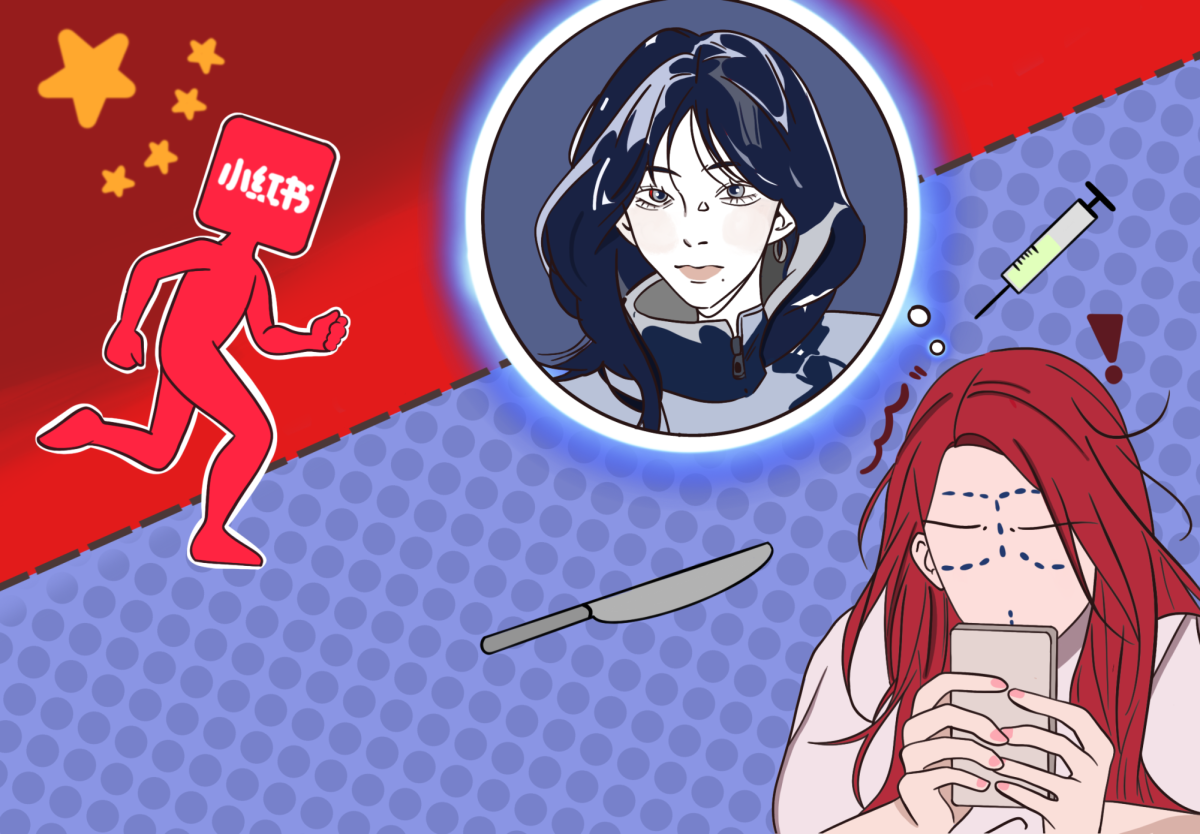
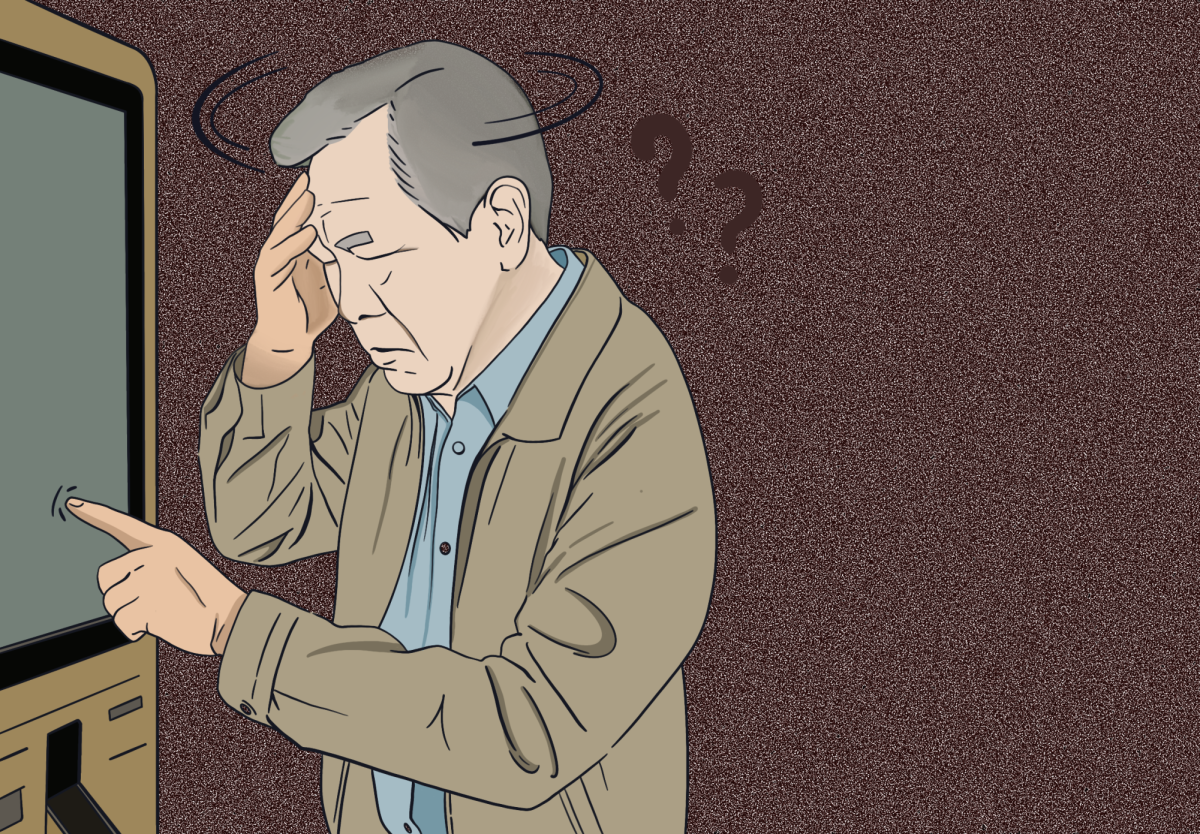

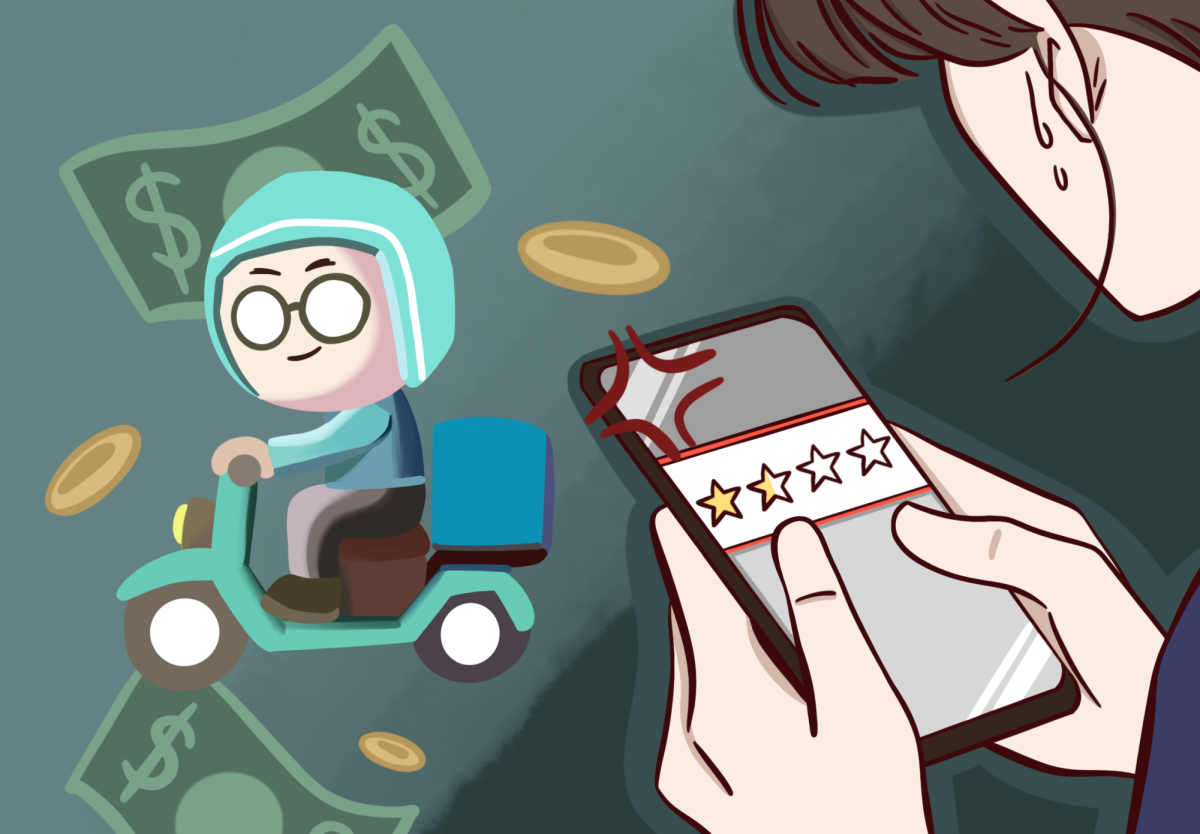













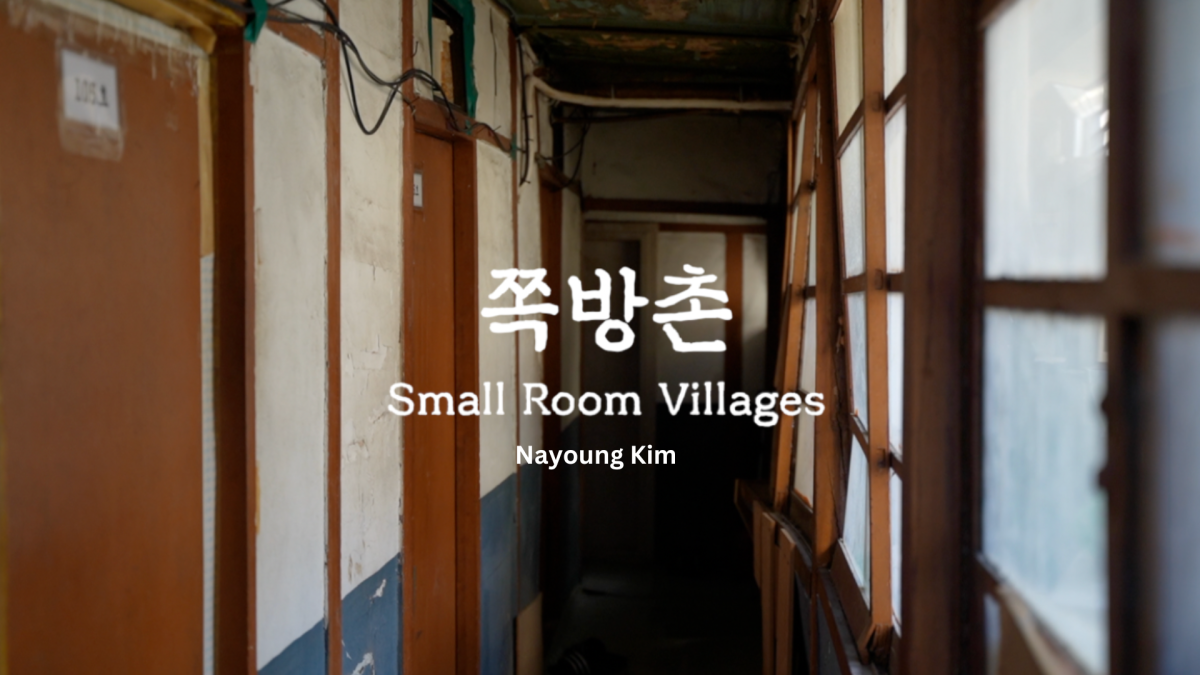
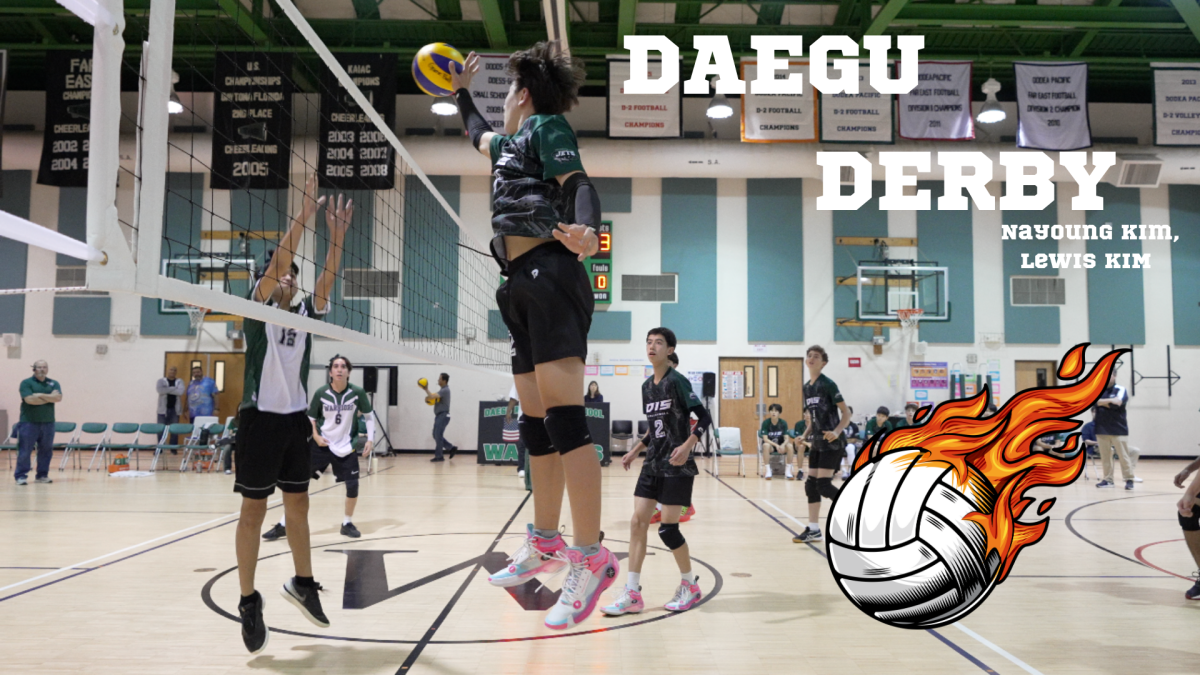
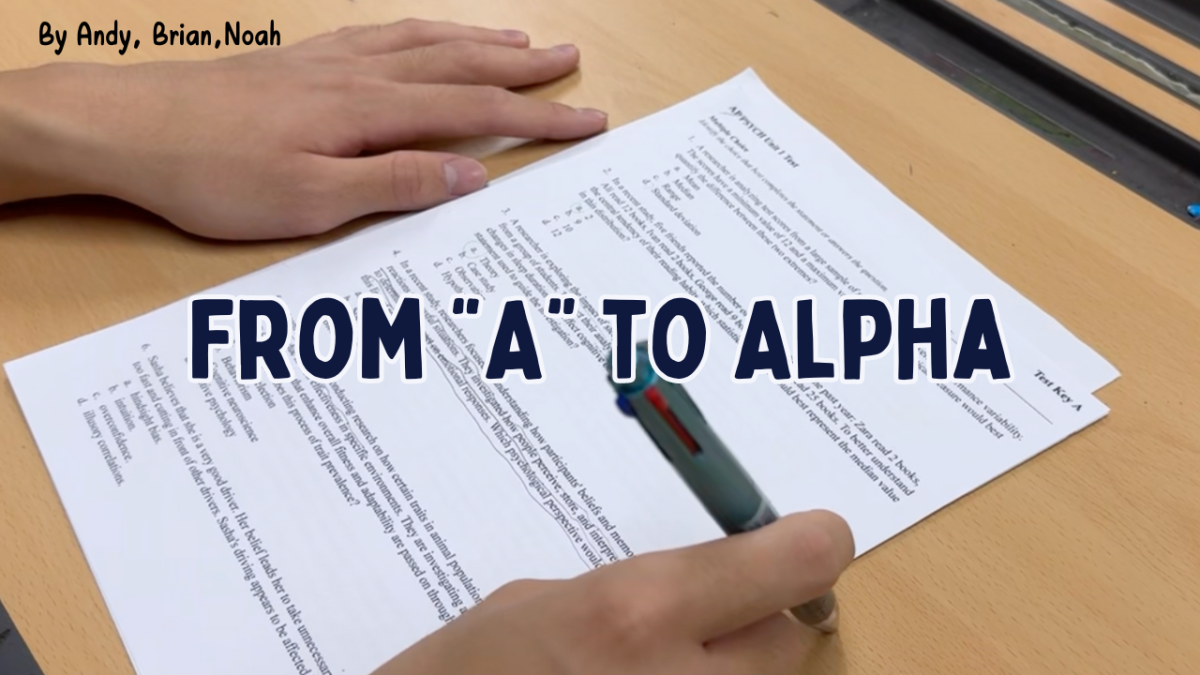
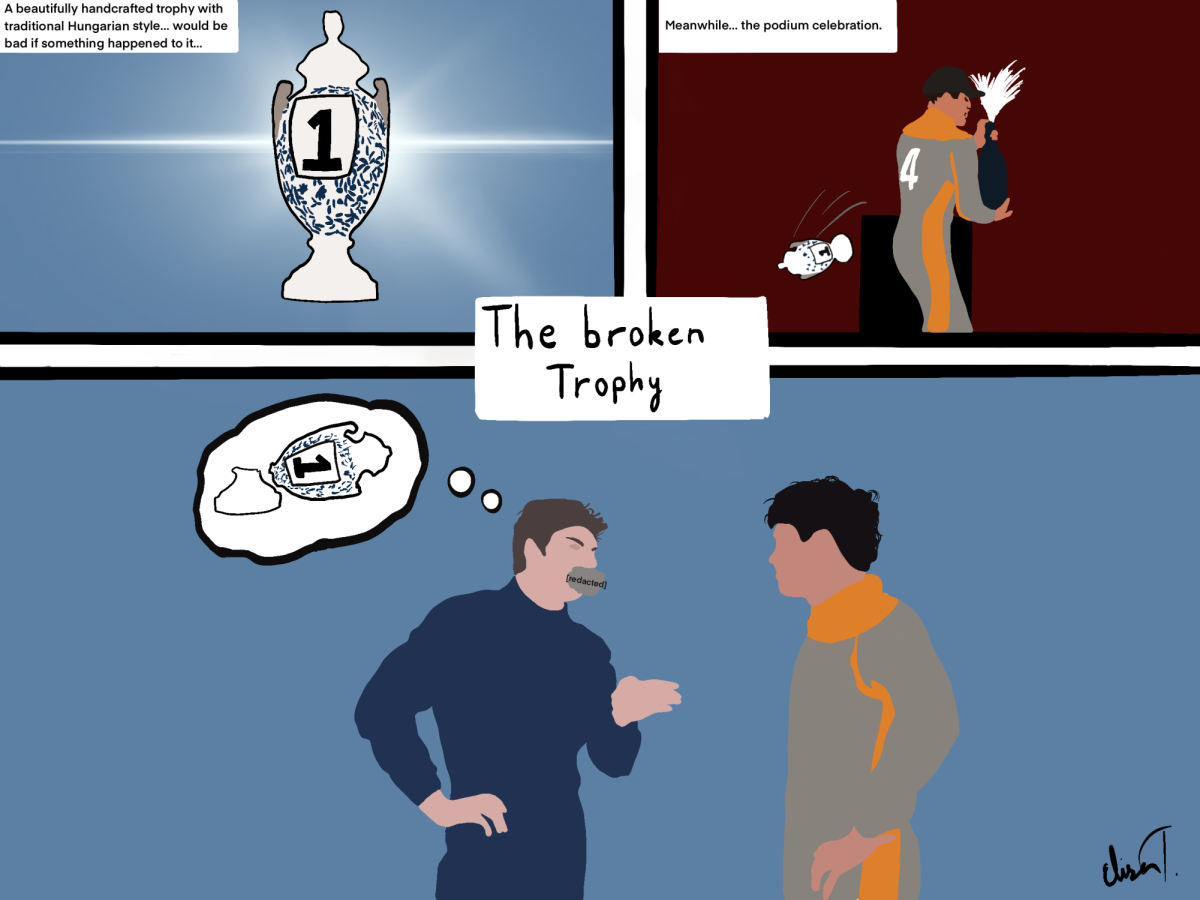
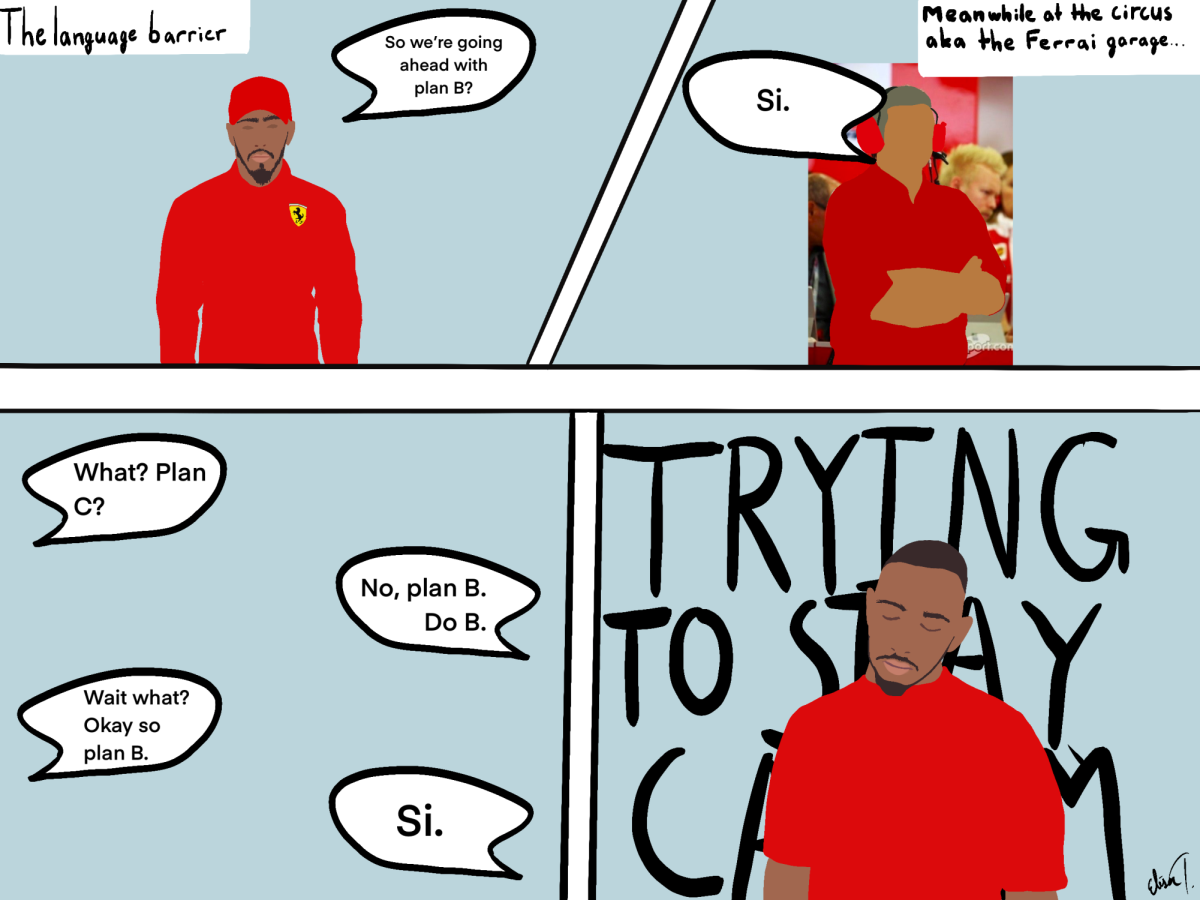
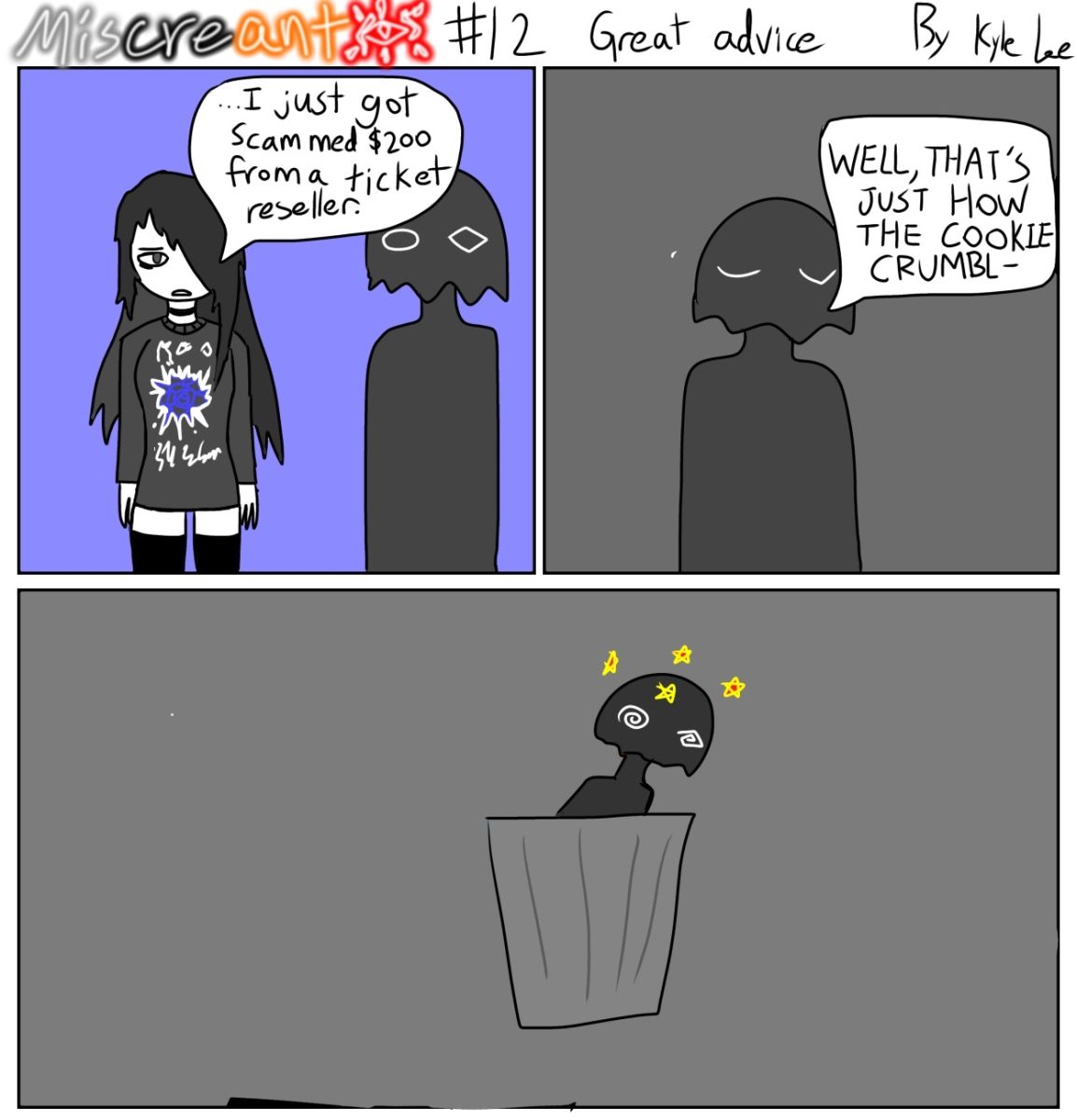
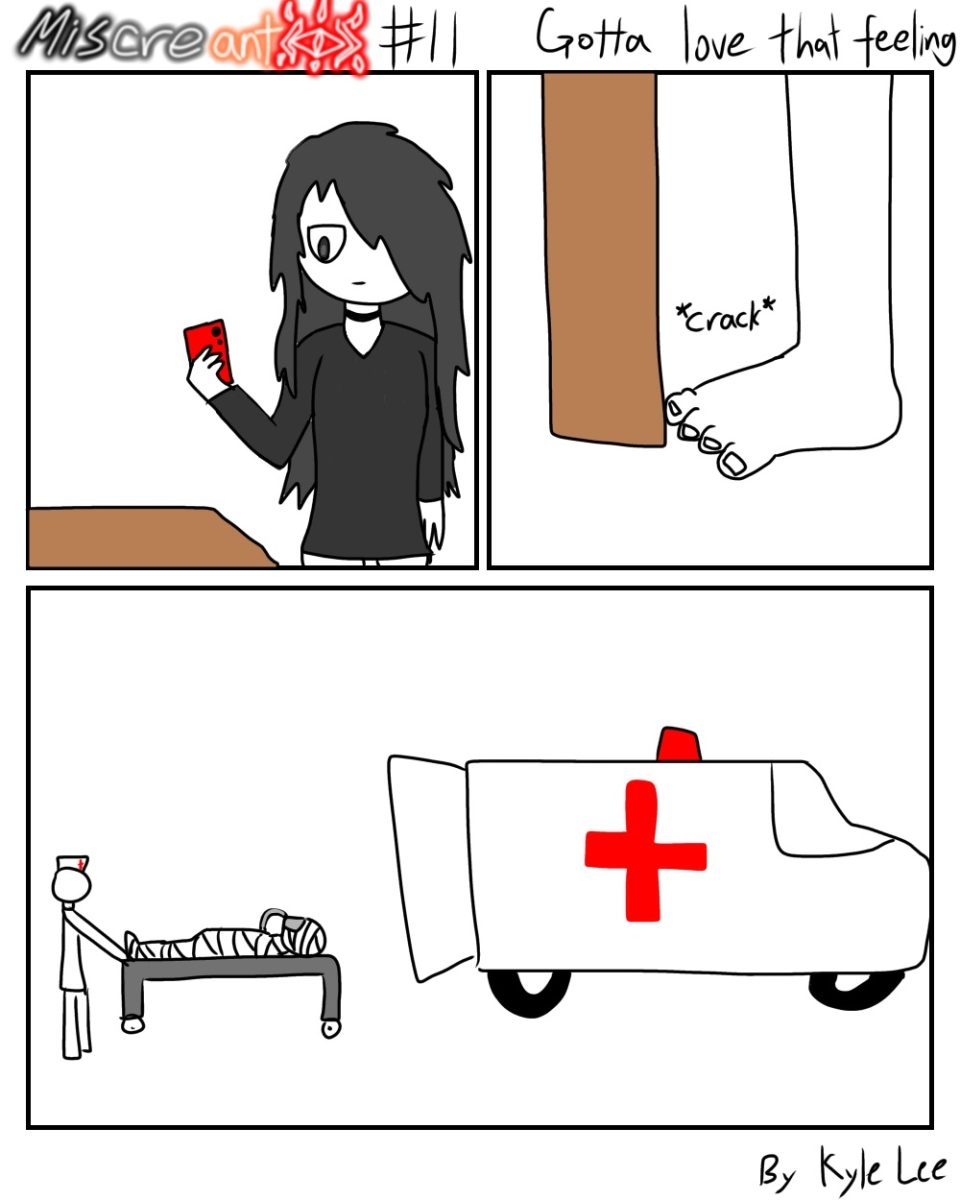


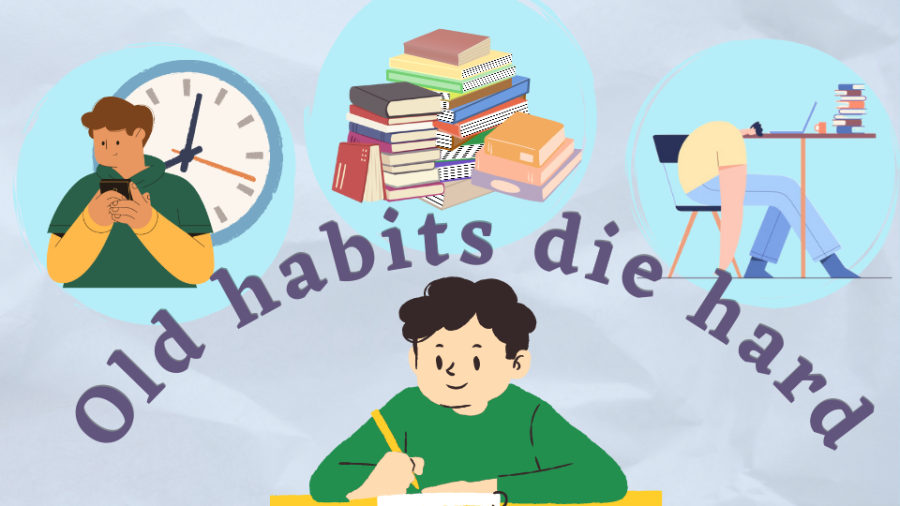

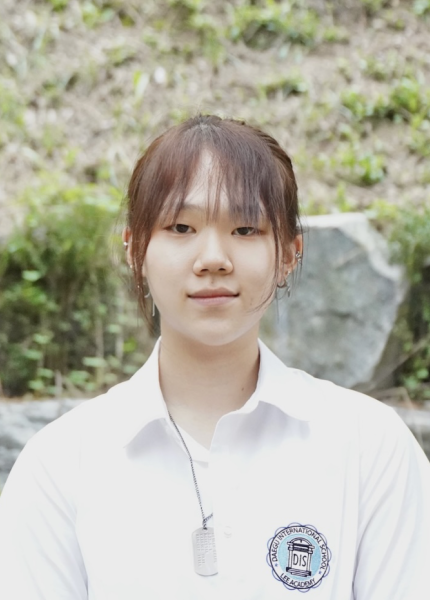



Mr. Pierog • Feb 9, 2023 at 6:30 pm
“And just like that, get to work!” I’m going to give this a shot. Thanks, Leanne!
Jimin • Feb 2, 2023 at 6:37 pm
Your article is actually very helpful. I had bad habits of scrolling through social media instead of doing my tasks, but I will start writing specific goals and schedules for what I need to do.
Jio Kim • Feb 2, 2023 at 6:31 pm
I think everyone has habits! But sometimes it can be very hard to break and this article will help a lot of people! Thank you for the article!!
Sophia • Feb 2, 2023 at 6:30 pm
I really enjoyed reading this article! Thank you!
Maddox • Feb 2, 2023 at 6:27 pm
I find it hard to fall asleep at night due to my phone being there and in the moment, i’m usually not tired when I go to sleep so I just watch YouTube shorts till late at night.
Niha • Feb 2, 2023 at 6:25 pm
Wow! So cool Lenny!